Before Jimi Hendrix and Eric Clapton were squealing and grinding their way through the minor pentatonic scale, Buddy Guy was discovering entirely new sounds on the guitar, like feedback and distortion, at cramped Chicago gigs in the mid-to-late 1950s. Guy’s guitar playing would go on to influence the aforementioned classic rock icons as well as the likes of Jimmy Page, Keith Richards, and more recently, Gary Clark Jr.
Videos by American Songwriter
And if it wasn’t for a random passerby with a skirt trailing behind her, Guy’s musical revelation might not have come to him at all (at least that night, anyway).
How Buddy Guy Was Introduced To Feedback and Distortion
As one of the most prominent figures of the midcentury Chicago blues scene, Buddy Guy cut his teeth in crowded city clubs and on recording sessions with the “Father of Chicago Blues” himself, Muddy Waters. It was at one of these Chicago gigs that Guy was first introduced to sounds that would become revolutionary in the guitar world: feedback and distortion. As Guy explained in a 2025 Fresh Air interview, the venues in the late 1950s didn’t normally have a stage. The band, and all their instruments, were on the same level as the patrons.
During music breaks, when the audience would switch over to choosing songs on the jukebox, Guy noticed his guitar making noise from across the room. “I forgot to turn my guitar off one day, and a lady passed by, and her dress tail hit the G string. It just stayed there with distortion for about 20 minutes. And I said, ‘I’ll never forget that.’ I went up, and it worked with me, and I’ve been doing it ever since.”
“She got up from her table to probably go get a drink or use the bathroom or something like that. I said, ‘Wow, I forgot to cut my guitar off.’ It was lying against the amplifier, you know. It was right in tune with the particular tune that was playing on the jukebox. After I found out it would stay and distort that long, I just went up one day and played and stood right there where it was, and it works.”
Innovation That Was Appreciated Too Late
Buddy Guy wasn’t the only one who found guitar distortion and feedback to be fascinating. He certainly wasn’t trying to start a trend out of thin air. He could feel that this was where the general public wanted music to go. Guy would notice the crowd audibly and visibly react to moments of feedback and distortion, more so than other parts of his set. Guy tried to share this information with the heads of Chess Records, a label he was on alongside fellow Chicagoan Muddy Waters. But each time, the Chess brothers rejected Guy’s proposals, calling it noise.
“Later on in [Leonard Chess’] life, I think it was like three, four, six months before he had passed away, he called me in and said, ‘I want to talk to you,’” Guy recalled to NPR’s Terry Gross. “He had found out because that was Hendrix, Eric [Clapton] and the Cream and so on playing that. He looked at me and said, ‘How dumb could I be? You’ve been trying to give me this stuff for so long, and I was calling it noise, and now it’s selling in the millions. I said, ‘You’re kidding me, you know?’ It was just like a joke to me.”
Although Guy might not have gotten the recognition he was looking for from his label, his influence permeates the genres through the countless artists and bands who imitated his style. “I’m not as well-known as some people who play the guitar out there,” he admitted on Fresh Air. “I wish that I were, you know, then maybe I wouldn’t have to work so hard. But in another sense, maybe I don’t want to be like that. It might stop me from working as hard as I do.”
Photo by Craig Lovell/Corbis via Getty Images







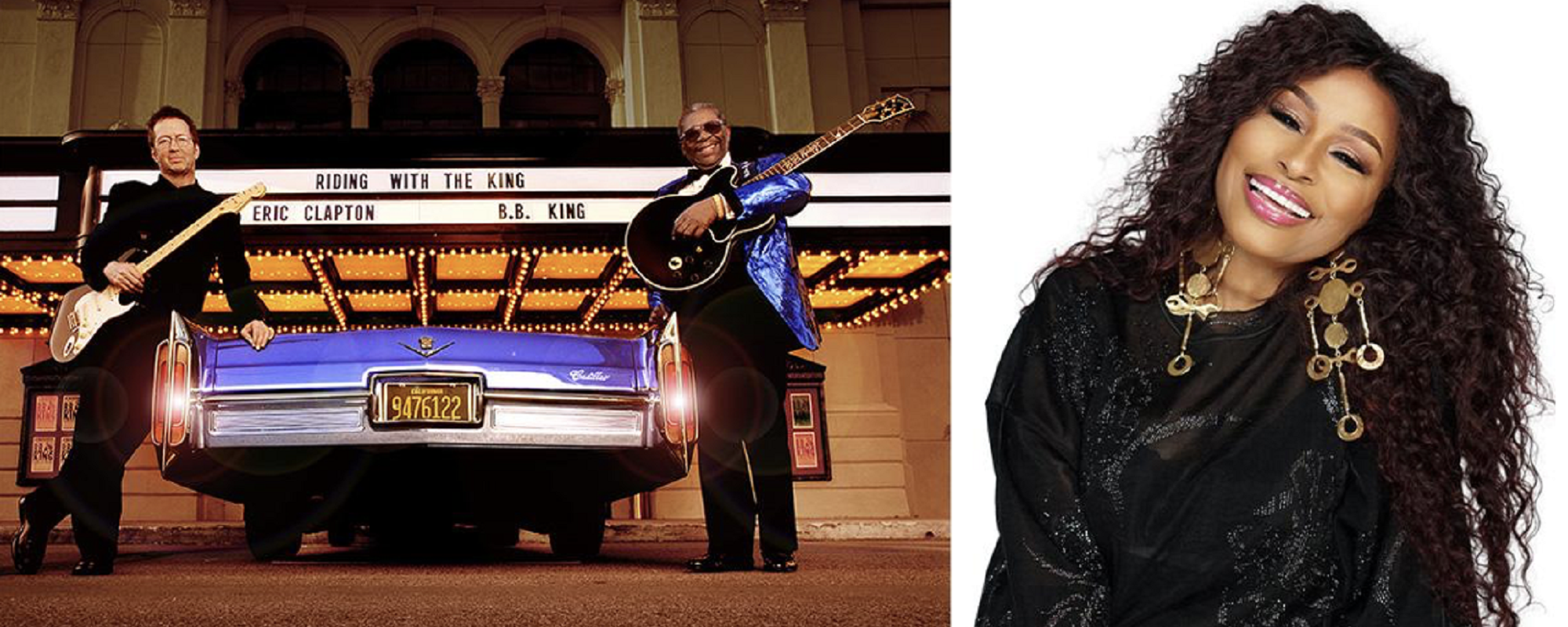
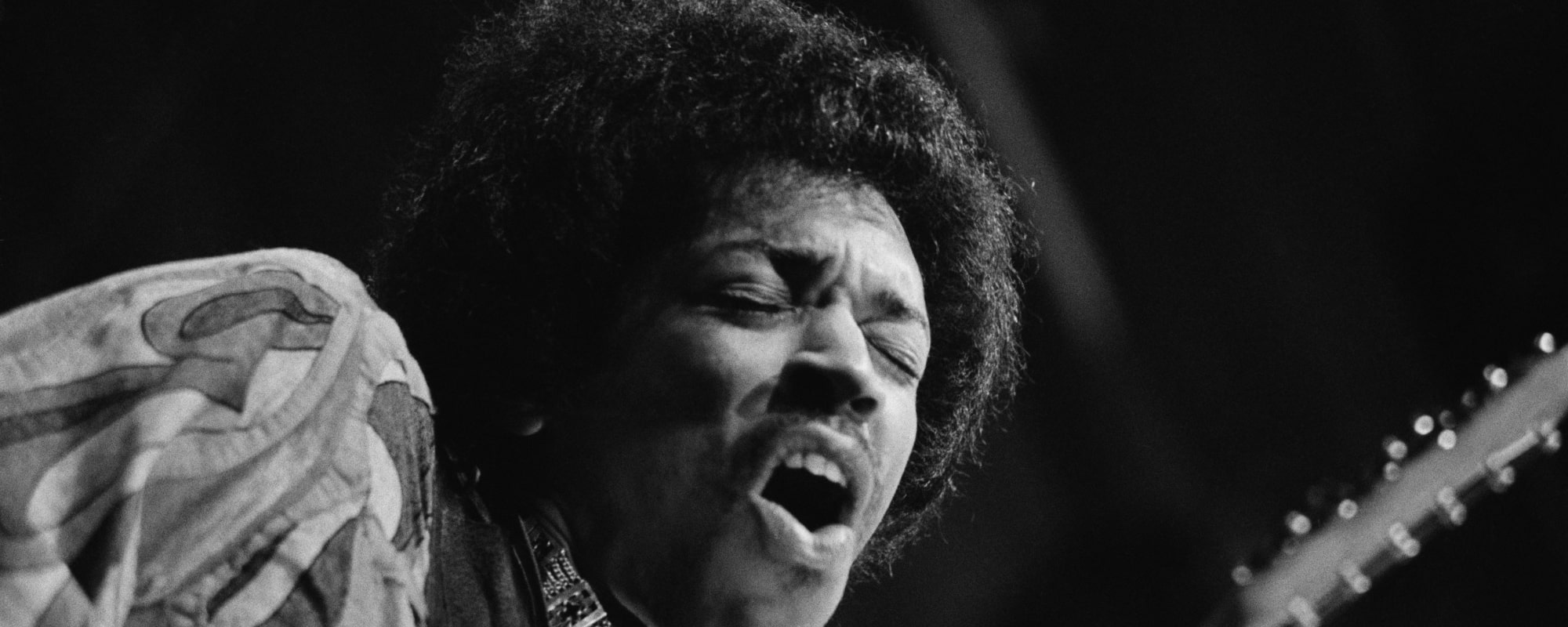
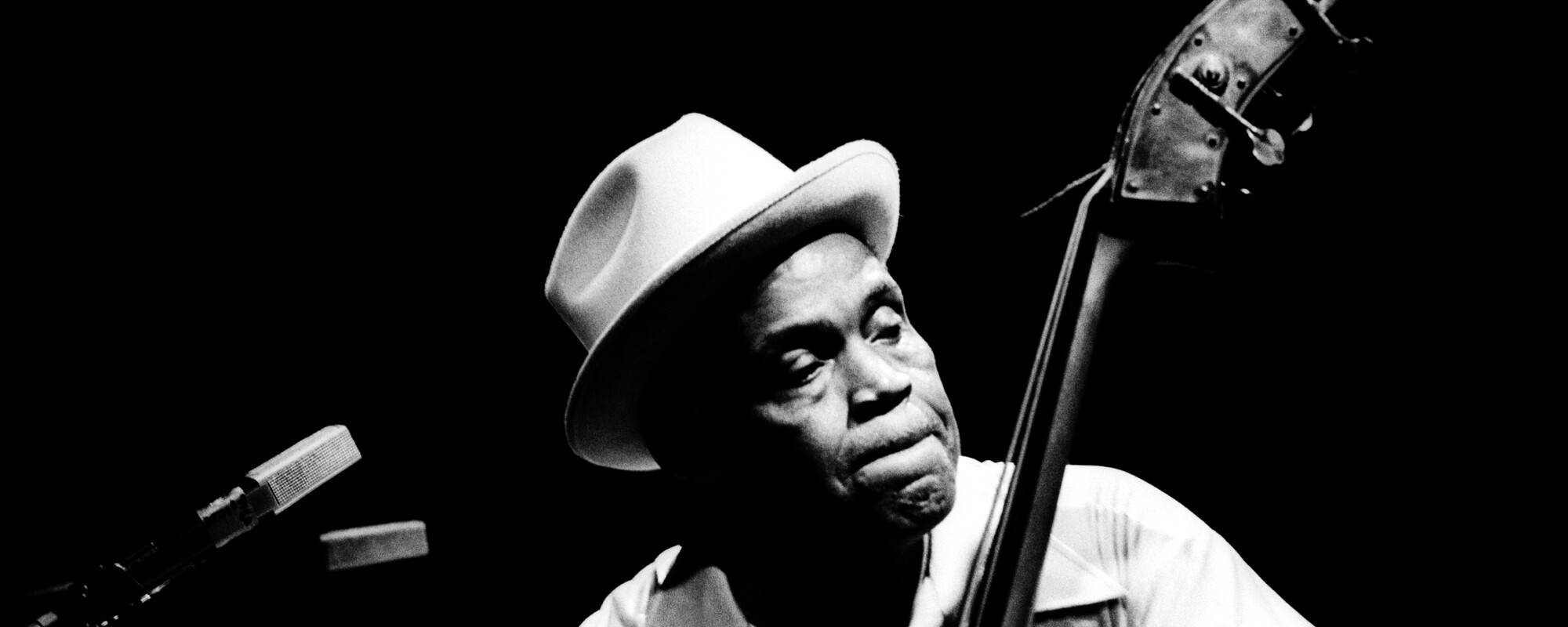

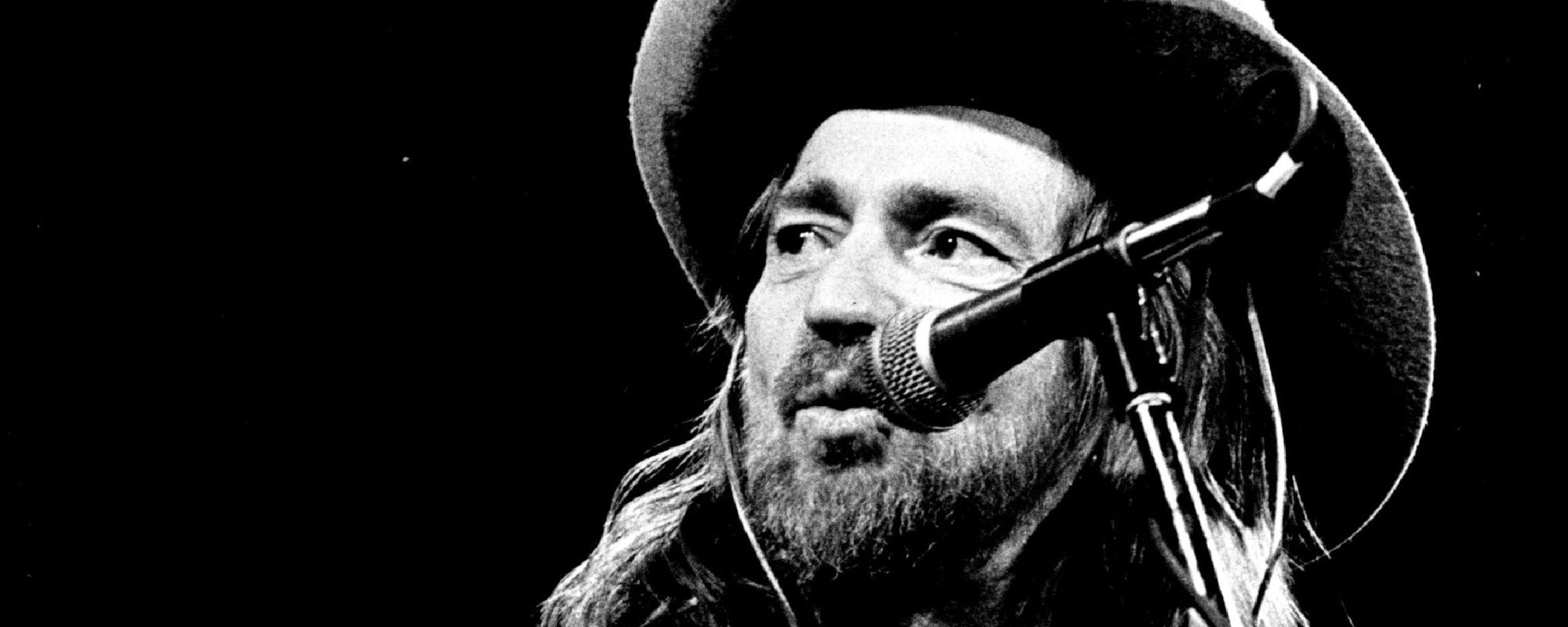
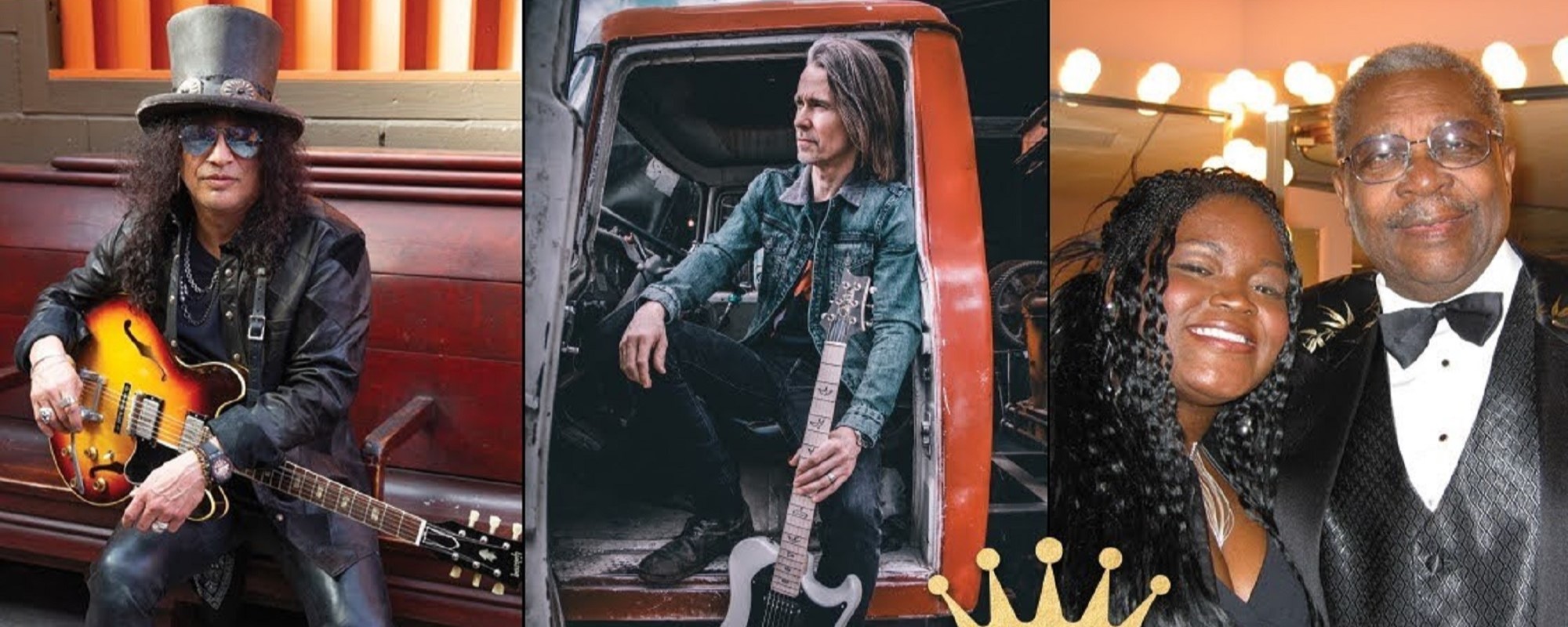
Leave a Reply
Only members can comment. Become a member. Already a member? Log in.